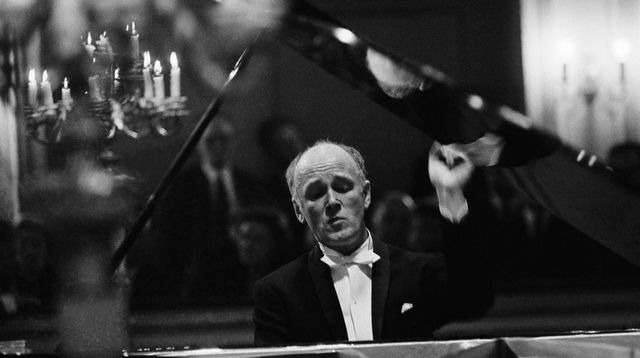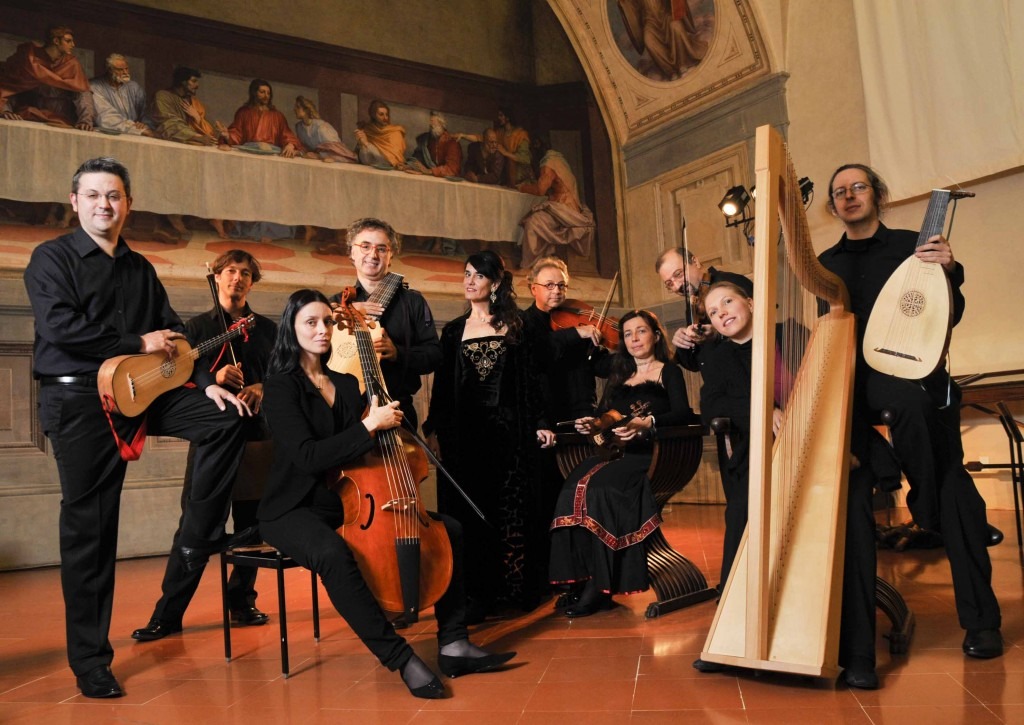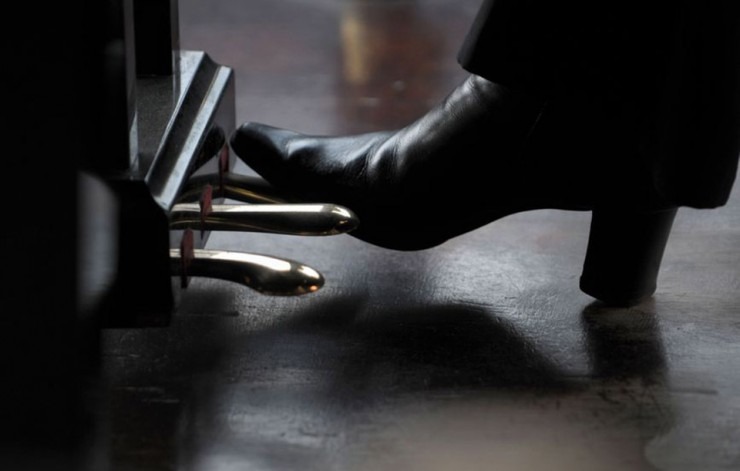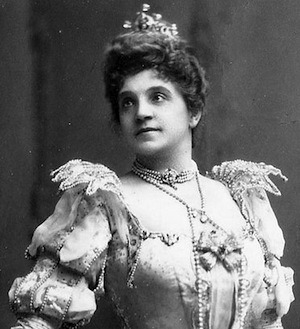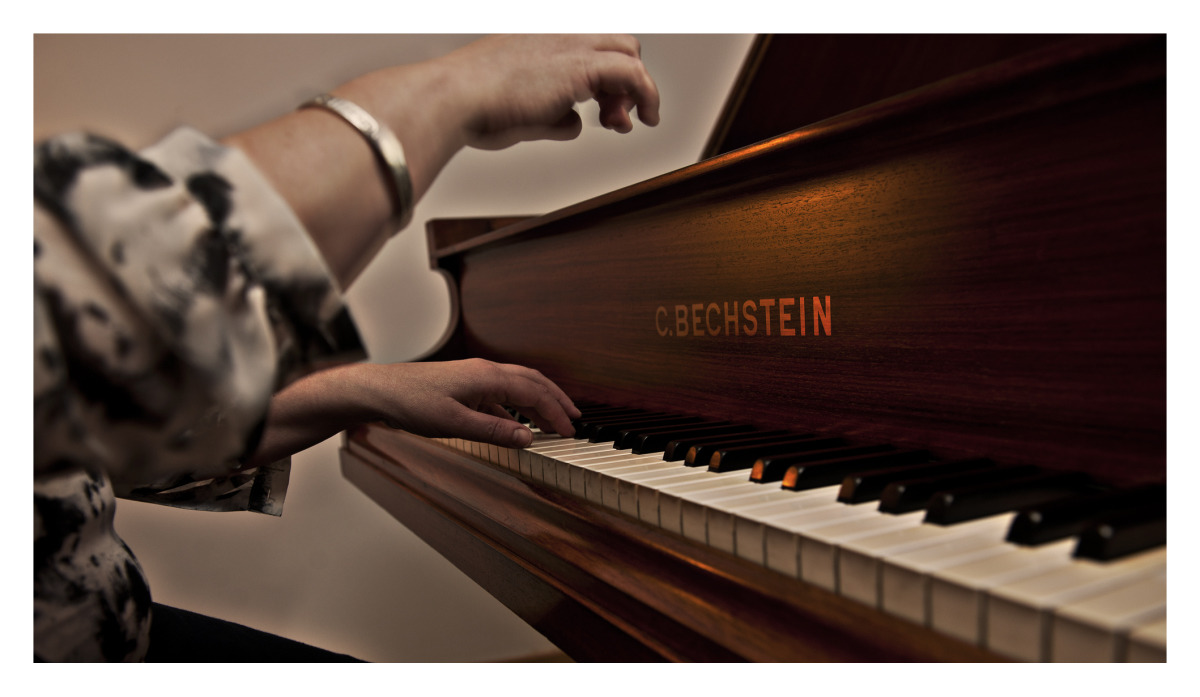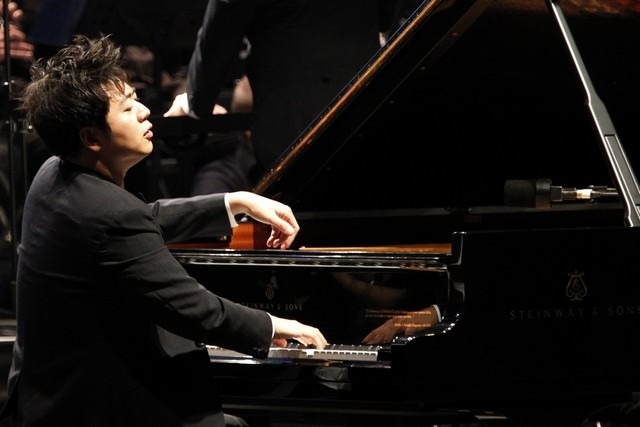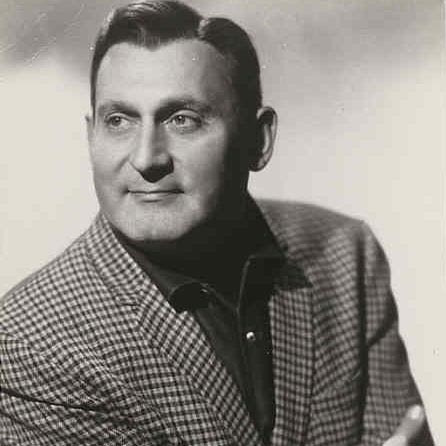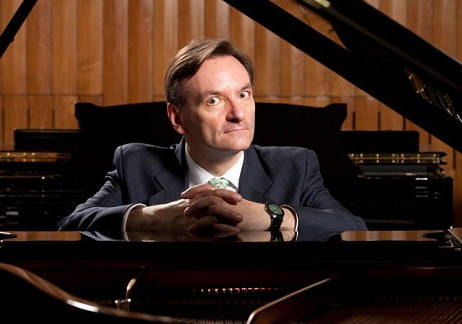Going beyond the notes …a virtuoso was, originally, a highly accomplished musician, but by the nineteenth century the term had become restricted to performers, both vocal and instrumental, whose technical accomplishments were so pronounced as to dazzle the public. ‘Music
Articles
What do you get when you enrich the subjectivity of artistic interpretation with the objectivity of scholarly study? In terms of terminology you get “historically informed performances.” However, in philosophical terms you get one of the most contentious topics since
“The more I play, the more I am convinced the pedal is the soul of the pianoforte!” Arthur Rubinstein “….abusing the pedal is only a means of covering up a lack of technique, and that making a lot of noise
When we talk about giants among the female Lieder interpreters of the 20th century, we really must start with the great Polish soprano Marcella Sembrich (1858-1935). Sembrich performed for Liszt, and after studying in Vienna and Milan, secured long-term contracts
In my previous article on gesture, I talked about the physical gestures we can employ to influence and enhance the quality of our sound and how we can create certain effects at the piano, such as staccato, a rich cantabile
In the dimmed lights of the concert hall the pianist crouches, cat-like, over the piano. His hands swoop across the keyboard in a blur of movement, he sways maniacally from side to side before throwing back his head and raising
Richard Tucker: First of the great American tenors For several generations of patrons of the Metropolitan Opera in New York, one tenor represented the absolute gold standard: Richard Tucker. It helped that he had immigrant Jewish background (he was born
British pianist Stephen Hough sparked a lively debate recently by suggesting that classical concerts could be “shorter” to attract younger or new audiences, or to allow venues and musicians to offer two concerts in one evening. He also hinted that

